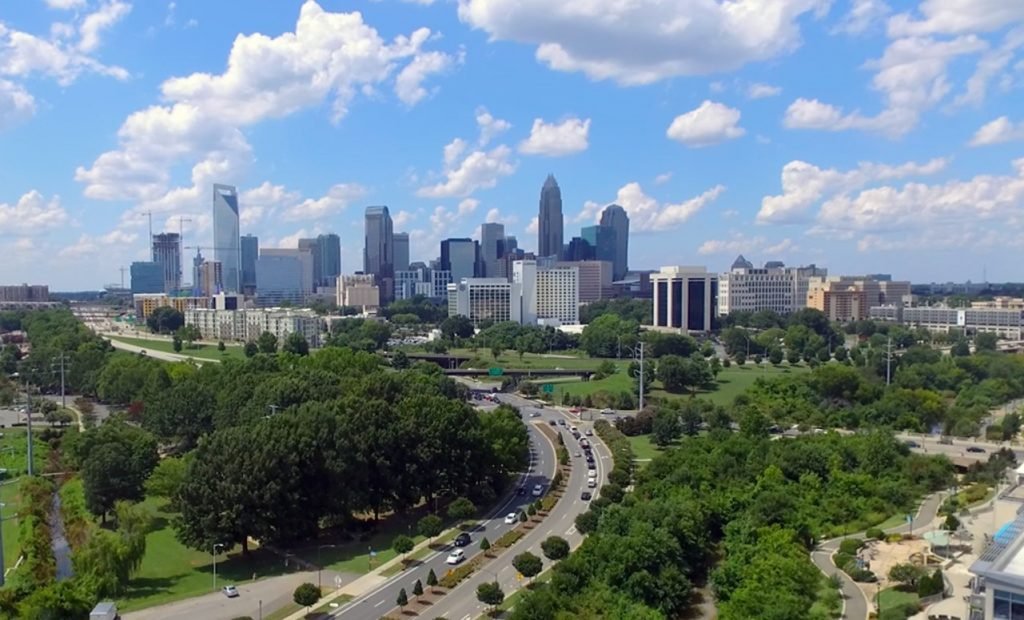
Charlotte, North Carolina
Charlotte, North Carolina, is a bustling and rapidly growing city that serves as a major financial, cultural, and transportation hub in the southeastern United States. Known for its southern charm, diverse population, and thriving economy, Charlotte has evolved into a prominent urban center with a rich history and a promising future.
History: Founded in 1768, Charlotte played a significant role in early American history as a crucial trading post during the Revolutionary War. The city’s name honors Queen Charlotte of Great Britain. Over the years, Charlotte transformed from a regional agricultural center to a major financial and business hub.
Economy: Charlotte stands out as a major financial center, with a notable presence of banking and financial institutions. It is often referred to as the “Wall Street of the South,” hosting the headquarters of major banks, including Bank of America and Wells Fargo. The city’s economy has diversified over the years, with growth in sectors such as technology, healthcare, and energy.
Cultural Scene: The cultural landscape of Charlotte is vibrant and diverse. The city boasts numerous museums, theaters, and galleries. The Levine Center for the Arts is a cultural hub featuring the Mint Museum, the Bechtler Museum of Modern Art, and the Harvey B. Gantt Center for African-American Arts + Culture. The Blumenthal Performing Arts Center hosts a variety of performances, including Broadway shows and concerts.
Sports: Sports play a significant role in Charlotte’s identity. The city is home to the Charlotte Hornets (NBA) and the Carolina Panthers (NFL). NASCAR, a popular motorsport, has deep roots in Charlotte, with the Charlotte Motor Speedway attracting racing enthusiasts from around the country.
Education: Charlotte is served by reputable educational institutions, including the University of North Carolina at Charlotte (UNC Charlotte). The university contributes to the city’s intellectual capital and research initiatives. Additionally, Charlotte’s public and private schools are an integral part of the community’s commitment to education.
Recreation: Outdoor enthusiasts can explore the city’s parks, greenways, and recreational areas. Freedom Park, one of the city’s largest parks, offers walking trails, sports facilities, and a picturesque lake. The U.S. National Whitewater Center provides outdoor activities such as whitewater rafting, zip-lining, and mountain biking.
Quality of Life: Charlotte’s growing population is drawn to its relatively mild climate, diverse job opportunities, and a cost of living that compares favorably to other major cities. The city’s neighborhoods cater to various lifestyles, offering a mix of historic charm and modern development.
In summary, Charlotte, North Carolina, is a thriving city that seamlessly combines its rich history with a forward-looking attitude. Its economic prowess, cultural vibrancy, and commitment to education make it an attractive destination for residents and businesses alike.





Responses